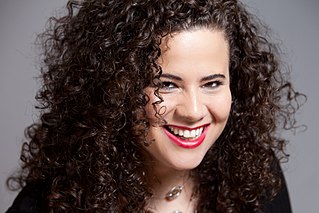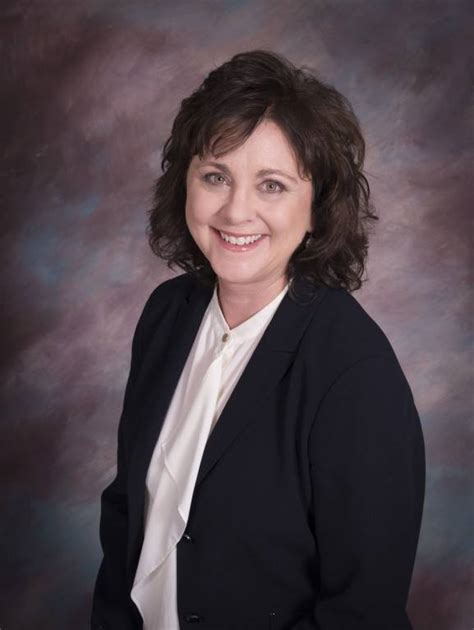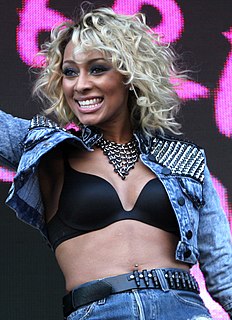A Quote by Ashley Judd
The assault on our body image, the hypersexualization of girls and women and subsequent degradation of our sexuality as we walk through the decades, and the general incessant objectification is what this conversation allegedly about my face is really about.
Related Quotes
The Conversation about women’s bodies exists largely outside of us, while it is also directed at and marketed to us, and used to define and control us. The Conversation about women happens everywhere, publicly and privately. We are described and detailed, our faces and bodies analyzed and picked apart, our worth ascertained and ascribed based on the reduction of personhood to simple physical objectification. Our voices, our personhood, our potential, and our accomplishments are regularly minimized and muted.
I want a future where women and girls get to be the subject of their own sexuality, not the object of somebody else’s. That we are the main characters in our own play, not props in somebody else’s—which is how women’s sexuality is treated now. Whatever the outside attitudes about sexuality it’s always about somebody’s agenda for us, and I want a world where we can have our own.
We can construct, deconstruct and reconstruct our sexuality any way we want: it is our privilege as thinking creatures. However, human sexuality has a specific nature, regardless of what we believe or say about it. We are more likely to be satisfied with the outcome, if we work with our biology rather than against it. We will be happier if we face reality on its own terms.
We must face the No. 1 critical issue of our day. It is youth crime in general and black-on-black crime in particular. There is nothing more painful to me at this stage in my life than to walk down the street and hear footsteps and start thinking about robbery. Then look around and see somebody white and feel relieved. After all we have been through, just to think we can't walk down our own streets, how humiliating.
On Girls I like being a mouthpiece for the issues I think young females face today. It’s always shocking when people question whether it’s a feminist show. How could a show about women exploring women not be? Feminism isn’t a dirty word. It’s not like we’re a deranged group who think women should take over the planet, raise our young on our own and eliminate men from the picture. Feminism is about women having all the rights that men have.
In asking forgiveness of women for our mythologizing of their bodies, for being unreal about them, we can only appeal to their own sexuality, which is different but not basically different, perhaps, from our own. For women, too, there seems to be that tangle of supplication and possessiveness, that descent toward infantile undifferentiation, that omnipotent helplessness, that merger with the cosmic mother-warmth, that flushed pulse-quickened leap into overestimation, projection, general mix-up.
In assembling this group of portraits of women, I'm aware that I'm treading on dangerous ground. When I was in college, I learned to be distrustful of men's depictions of women. I remember seeing Garry Winogrand's book Women Are Beautiful in the school library and being shocked that it hadn't been defaced for its blatant objectification of women. But looking back, maybe I was too harsh. Whether one photographs men or women, it is always a form of objectification. Whatever you say about Winogrand, his depiction was honest.
When you watch the way some of the commentators talk about this, it makes it seem as if people are crossing the border every second. How much money have we spent on the border? Why? And who's really exploiting whom?" And then he gets quiet. But I think just airing these out and having a face-to-face conversation about it helps both of us internalize what the conversation is really about. I don't think we have that in the public sphere.
Some people worry about our federal deficit, but I, I worry about our bravery deficit. Our economy, our society - we're just losing out because we're not raising our girls to be brave. The bravery deficit is why women are underrepresented in STEM, in C-suites, in boardrooms, in Congress, and pretty much everywhere you look.


































